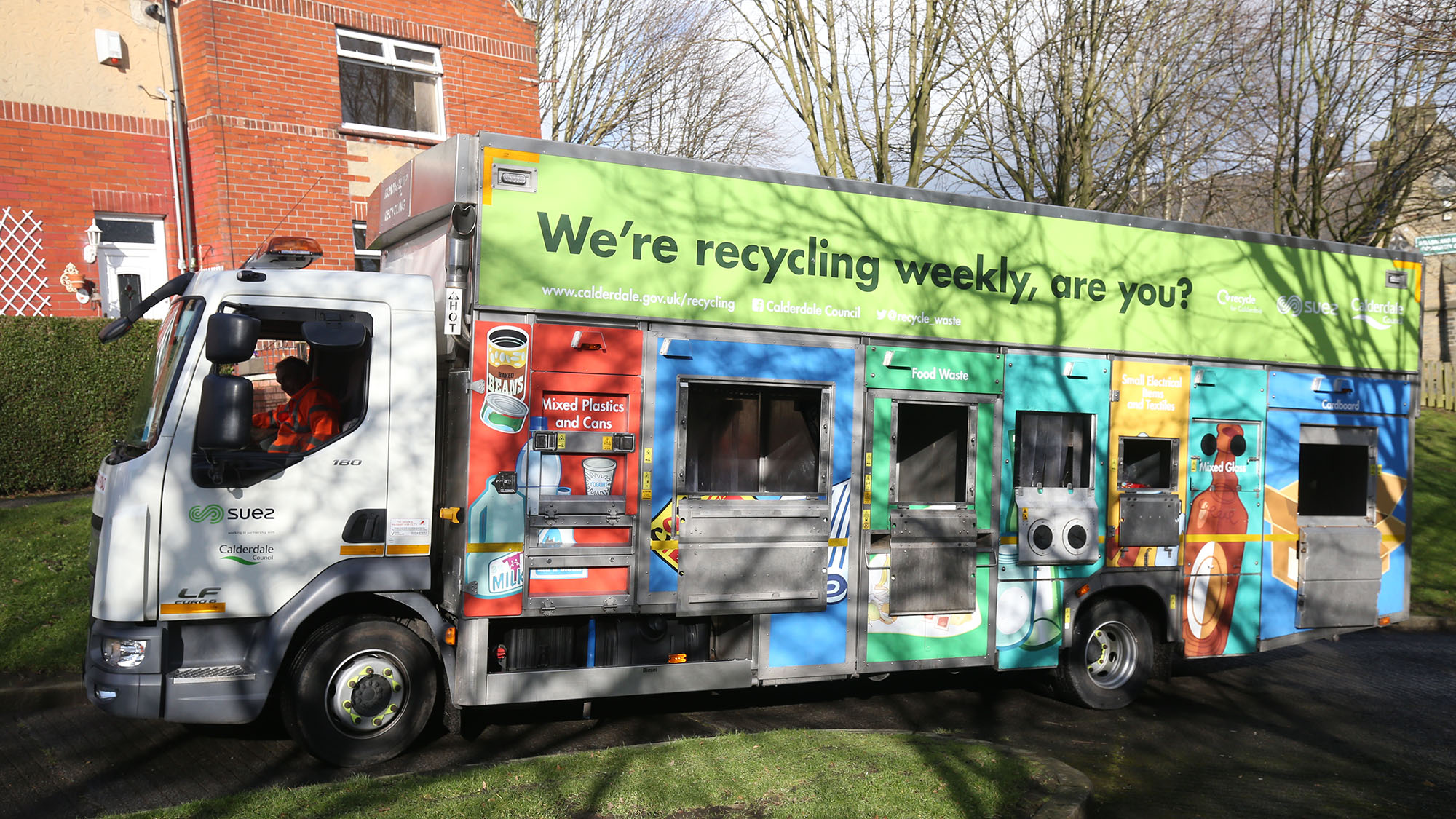Procuring waste management services during times of uncertainty faced by local authorities

For any local authority waste collection, recycling and treatment contracts are some of the most expensive and high profile you will ever manage or let. Delivering not only the service, but in many cases infrastructure too that touches the lives of all households, in a way that even schools and the health service do not.
Difficult conditions
For many years, procuring effective service providers and long-term partners has been fraught with difficulty. Influenced by factors such as the highly publicised problems of some major outsourcing companies in recent years; the consolidation of the market in terms of waste management companies offering these services in the UK; and the increasing risk associated with global recycling markets has strained even the best of contracts and relationships.
Even against this backdrop, 50% of all waste collection contracts are outsourced.
In 2018, SUEZ sponsored the publication of a toolkit to help identify best practice in waste and resource management contracts. The toolkit uncovers what makes an attractive and engaging procurement process, including early market engagement, well designed specifications, a proper two-way dialogue, and an appropriate risk sharing mechanism from a bidder’s perspective.
Increasing uncertainty
Fast-forward 18 months, and if anything, the situation has become even more daunting for local authorities looking to re-tender or outsource their service for the first time.
Global markets for plastic and paper haven’t improved, consumer awareness has been heightened with increasing expectations for service delivery and performance. Yet, the UK policy landscape, although progressive, has many uncertainties that are critical for the future evolution of these services. Following the launch of DEFRA’s Resource & Waste Strategy in December 2018, we have seen a great deal of policy development and consultation in England. In particular, a first look at the government’s intentions around extended producer responsibility (EPR), deposit return schemes (DRS), plastic content taxation, and consistent recycling collections.
The expected timeframe for these revolutionary policies was always going to take a couple of years to get into legislation. But, with Brexit and the forthcoming general election the planned second phase of consultations on these issues will probably be delayed until after Easter 2020, creating even more uncertainty for authorities who are in the process of trying to procure waste and recycling solutions.
So, what should authorities do?
Delaying your decision, or extending your existing contract for another year or two would be wise, giving time for policy to be defined to guarantee certainty. You can plan your collection, processing services and infrastructure to meet newer and higher recycling targets and deliver the preferred consistent collection system. In addition, you will be able to meet the quality standards of end markets to ensure materials are put back into the economy and that packaging producers’ obligations are satisfied, given they will be funding more of the collection system, in the future.
If this isn’t an option or you feel compelled to go to market now, then you need to ensure that you recognise all of these uncertainties before going into a procurement process. It is important to choose the best approach for engaging the market and ensure, where possible, you time your procurement to avoid unnecessary clashes with other major contracts. You will need to ensure that you are ready and willing to manage the risks, and build in flexibility to the process to enable insights to be shared as the policy landscape changes. Finally remember to allow for flexibility within the contract to ensure that a long-term partnership can flourish and adapt to changing circumstances etc.
Check out my recent blog post and webinar with top tips for tendering at your local authority.
